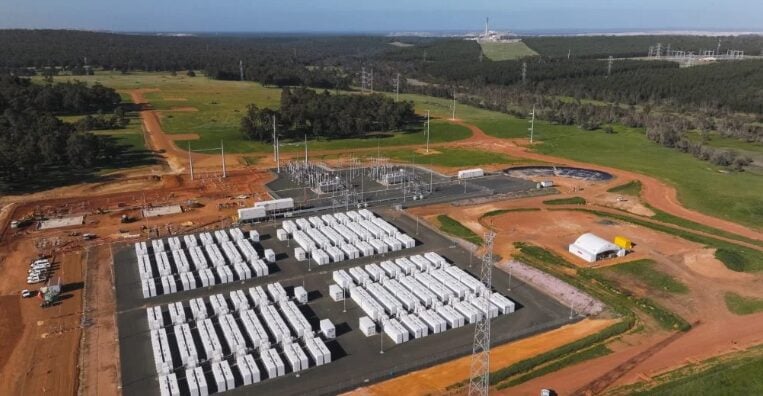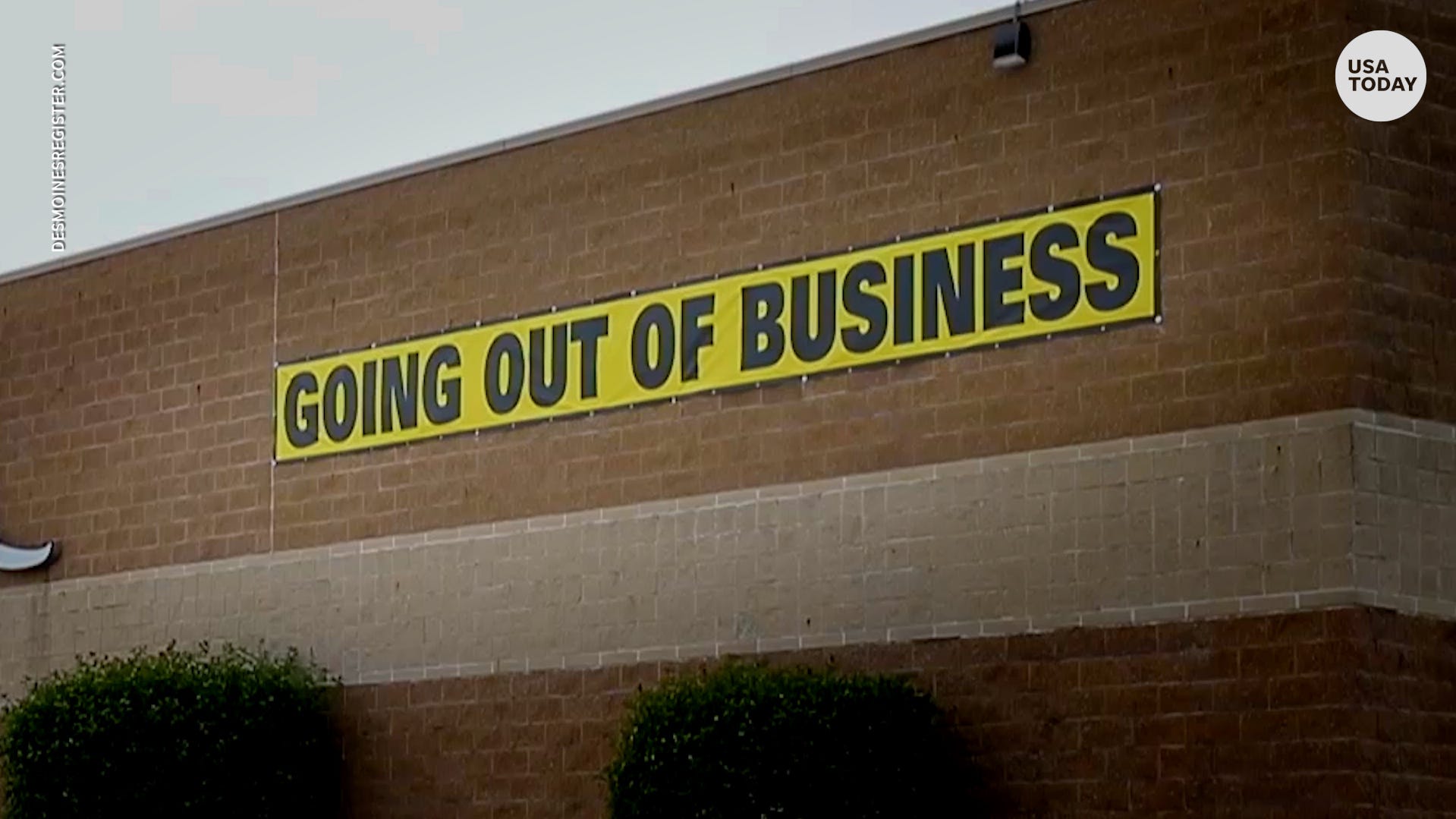Navigating The Belgian Merchant Market: Financing Options For A 270MWh BESS Project

Table of Contents
Understanding the Belgian Regulatory Landscape for BESS Projects
The regulatory framework in Belgium significantly impacts BESS deployment. Navigating this landscape is crucial for securing financing for your 270MWh project. Understanding permits, licenses, and available incentives is paramount.
-
Permits and Licenses: Before construction begins, securing all necessary permits and licenses from the relevant Flemish, Walloon, or Brussels regional authorities is essential. These may include environmental permits, building permits, and grid connection permits. The application process can be complex and time-consuming, requiring expert legal and regulatory advice.
-
Government Incentives and Support Programs: The Belgian government actively promotes renewable energy integration, offering various incentives for BESS projects. These include:
- Tax benefits: Potential tax deductions or exemptions related to investment in renewable energy storage.
- Subsidies: Direct financial grants or subsidies specifically designed for energy storage projects.
- Feed-in tariffs: Guaranteed prices for the electricity generated and fed back into the grid.
- Grid connection support: Financial assistance to facilitate the connection of BESS projects to the national grid. This is often crucial for larger-scale projects like a 270MWh system.
-
Challenges and Opportunities: While the Belgian government supports renewable energy, navigating the complex regulatory landscape, including grid connection procedures and obtaining the necessary permits, presents a significant challenge. However, the growing need for grid stability and the increasing penetration of intermittent renewables represent significant opportunities for large-scale BESS projects like yours.
Exploring Financing Sources for a 270MWh BESS Project
Securing financing for a 270MWh BESS project demands a strategic approach, considering various options to optimize funding and mitigate risk. Several key financing avenues are available:
Equity Financing
Private equity and venture capital firms increasingly invest in large-scale renewable energy projects, including BESS.
- Advantages: Equity financing provides upfront capital, enabling rapid project deployment. It also offers the potential for significant returns for investors.
- Disadvantages: Equity financing leads to dilution of ownership and requires sharing profits with investors. It can also be difficult to secure significant equity investment for a project of this scale.
- Examples: Several private equity and venture capital firms are active in the Belgian renewable energy sector, specializing in investments in storage technologies. Researching these firms and tailoring your proposal to their investment criteria is essential.
Debt Financing
Debt financing options for your BESS project include bank loans, bonds, and project finance.
- Bank Loans: Traditional bank loans offer a straightforward approach but require strong creditworthiness and collateral. Interest rates and loan maturity will vary based on the lender and project risk profile.
- Bonds: Issuing bonds can raise capital from a wider range of investors, but it's a more complex process requiring significant expertise.
- Project Finance: This specialized financing structure focuses on the project's cash flows, reducing reliance on the sponsor's creditworthiness. It's often used for large-scale projects like yours.
- Financial Institutions: Several financial institutions and investment banks in Belgium have experience financing renewable energy projects. These institutions may provide debt financing, potentially coupled with other financial services.
Public Funding and Grants
Belgium offers various public funding opportunities and grants for renewable energy projects:
- European Union Funds: The EU provides substantial funding for renewable energy initiatives, including energy storage. Explore the various EU programs and eligibility criteria.
- Regional Grants: Flemish, Walloon, and Brussels regional governments often offer specific grants for renewable energy projects within their regions.
- National Subsidies: The Belgian federal government may provide additional subsidies for large-scale renewable energy storage projects.
- Success Stories: Research successful BESS projects in Belgium that have secured public funding to understand the application process and best practices.
Hybrid Financing Strategies
Combining equity and debt financing is a common approach to optimize funding costs and mitigate risk. A hybrid strategy reduces reliance on a single funding source and can improve creditworthiness. This is particularly relevant for large-scale BESS projects, due to their substantial capital requirements.
Assessing Risk and Mitigation Strategies in the Belgian Merchant Market
Investing in a 270MWh BESS project in the Belgian merchant market carries inherent risks:
- Price Volatility: Electricity prices can fluctuate significantly, impacting project profitability.
- Regulatory Changes: Changes in government regulations could affect project viability.
- Technological Risks: Technological advancements could render the technology obsolete before the end of the project's lifespan.
Mitigation strategies include:
- Hedging Strategies: Employing financial instruments to hedge against price volatility.
- Insurance: Securing comprehensive insurance coverage to protect against various risks.
- Robust Project Development Plans: Developing a detailed plan that addresses potential risks and incorporates contingency measures.
- Due Diligence: Conducting thorough due diligence before committing to any financing strategy is vital.
The Role of Power Purchase Agreements (PPAs) in BESS Project Financing
PPAs are crucial for enhancing the bankability of a BESS project in the Belgian merchant market. They provide a stable revenue stream, reducing financial risks.
- Types of PPAs: Several PPA structures are available, including fixed-price PPAs, indexed PPAs, and capacity PPAs. The choice depends on the project's risk profile and market conditions.
- Impact on Financing: A well-structured PPA significantly improves a project's creditworthiness, making it more attractive to lenders and investors.
Conclusion
Securing financing for a 270MWh BESS project in the Belgian merchant market requires a multifaceted approach. Understanding the regulatory landscape, exploring diverse financing options, and effectively managing risks are crucial for success. By carefully evaluating equity, debt, public funding, and hybrid strategies, coupled with robust risk mitigation and well-structured PPAs, developers can navigate this dynamic market and unlock the significant potential of BESS in Belgium. To learn more about optimizing your Belgian Merchant Market BESS financing strategy, contact [Your Company/Contact Information].

Featured Posts
-
 Us Tariffs Halt Sheins Planned London Ipo
May 04, 2025
Us Tariffs Halt Sheins Planned London Ipo
May 04, 2025 -
 Final Destinations Scariest Death Scene Returns After 22 Years
May 04, 2025
Final Destinations Scariest Death Scene Returns After 22 Years
May 04, 2025 -
 One Last Fight Former Ufc Champion Returns From Hiatus On May 3rd
May 04, 2025
One Last Fight Former Ufc Champion Returns From Hiatus On May 3rd
May 04, 2025 -
 Britains Got Talent Teddy Magic Update Following Postponed Show
May 04, 2025
Britains Got Talent Teddy Magic Update Following Postponed Show
May 04, 2025 -
 Ufc 314 Co Main Event Prediction Chandler Vs Pimblett Fight Analysis
May 04, 2025
Ufc 314 Co Main Event Prediction Chandler Vs Pimblett Fight Analysis
May 04, 2025
